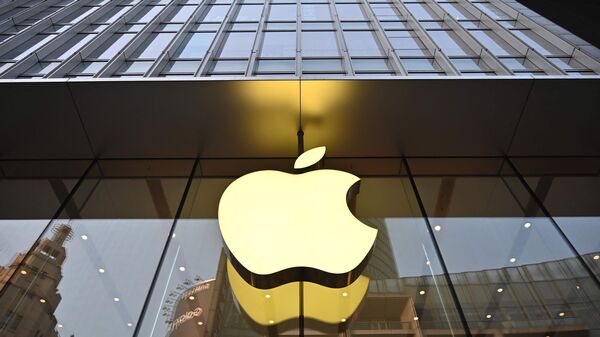Apple’s latest update to iOS 18.1 introduces a security feature that may frustrate law enforcement agencies attempting to access locked iPhones. The feature, which automatically reboots an iPhone after four days of inactivity, significantly strengthens the device’s security but also complicates forensic analysis. When the phone reboots, it returns to a “Before First Unlock” (BFU) state, making it much harder for forensic tools to bypass.
While designed to protect users from unauthorized access, this reboot feature presents challenges for police investigating crimes. Devices in BFU state require more sophisticated methods to unlock compared to phones that have already been accessed once. Reports in early November 2024 from law enforcement agencies revealed that iPhones in storage, meant for forensic examination, rebooted themselves unexpectedly, leaving investigators unable to retrieve crucial evidence.

Experts agree that this update marks a significant leap in security, but not without trade-offs. Matthew Green, a cryptographer at Johns Hopkins University, hailed the feature as “a huge improvement in terms of security” and noted that it would likely not inconvenience users. However, law enforcement officials expressed concern that this added layer of protection could undermine criminal investigations.
The issue arises when iPhones, left unused and locked in several days, are inadvertently rebooted and reset to their BFU state. This process erases any progress made by forensic tools trying to unlock the device. These tools, such as Cellebrite, are designed to extract data from phones, but they struggle when the device resets to a state before it has been unlocked once. This is a particular concern for law enforcement agencies, who often rely on phones as key evidence in investigations.

Apple has not directly addressed these concerns but has a history of prioritizing user privacy over law enforcement access. The company has hosted “Global Police Summits” to discuss how law enforcement can better leverage Apple’s devices while respecting privacy principles. Yet, despite these efforts, there remains an ongoing tension between Apple’s commitment to user privacy and the needs of police investigations.
As this debate continues, experts like Christopher Vance, a forensic specialist, note that law enforcement may need to rethink their digital evidence collection strategies. The implications of this feature on future investigations are still unfolding, and experts suggest that while this update reinforces user privacy, it may lead to further challenges in balancing public safety and personal security.
Apple’s decision to enhance security could be seen as part of a broader trend where tech companies are increasingly prioritizing privacy, potentially at the cost of complicating law enforcement procedures. The question remains: How will governments and tech companies reconcile the need for security with the need for accessible evidence? This development signals a pivotal shift in the evolving conversation between user privacy, security, and public safety.















